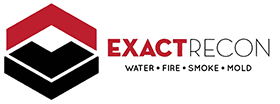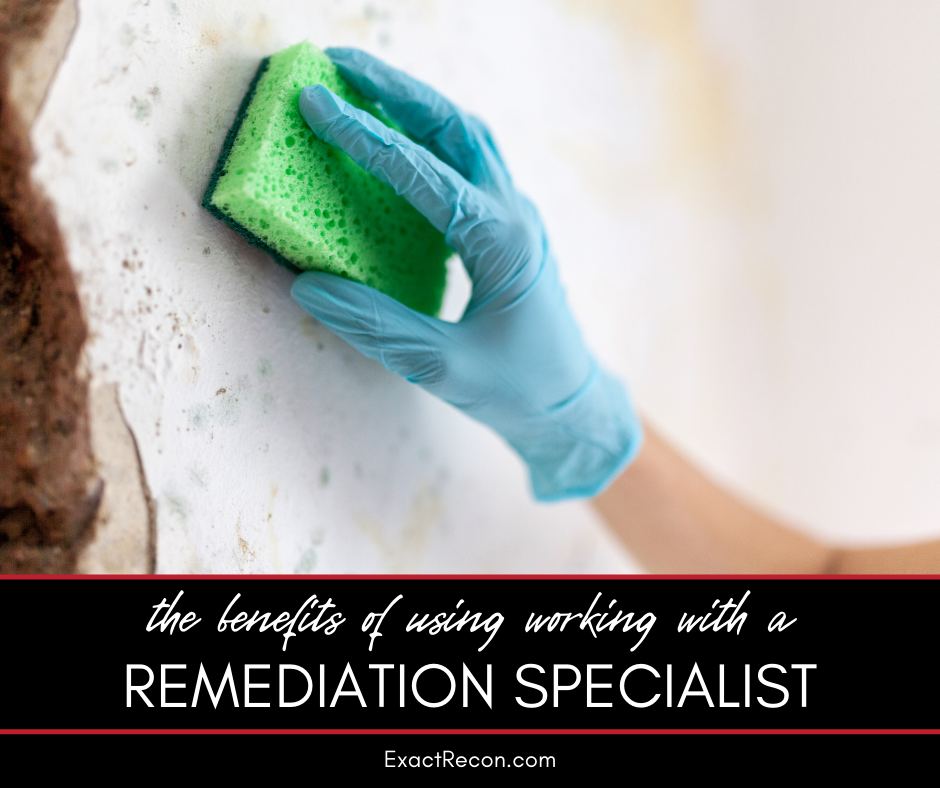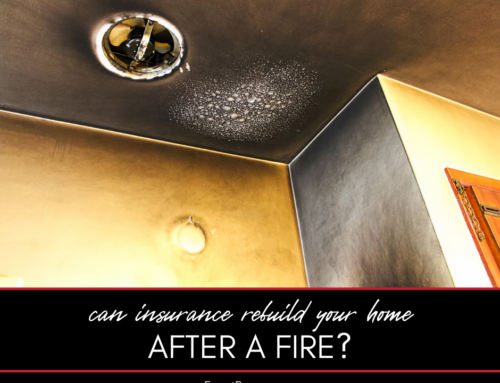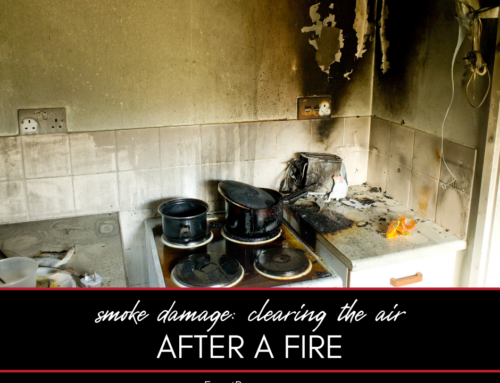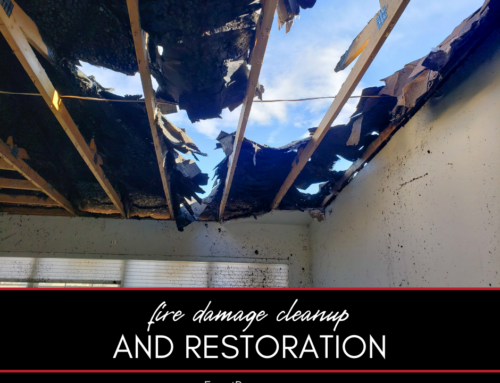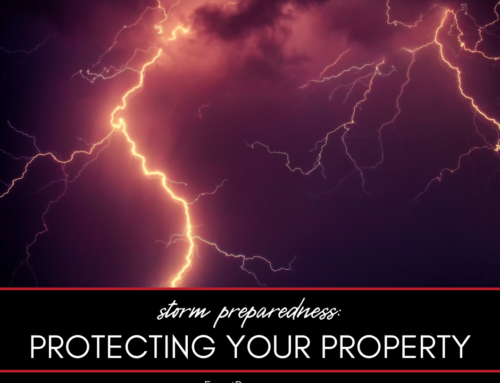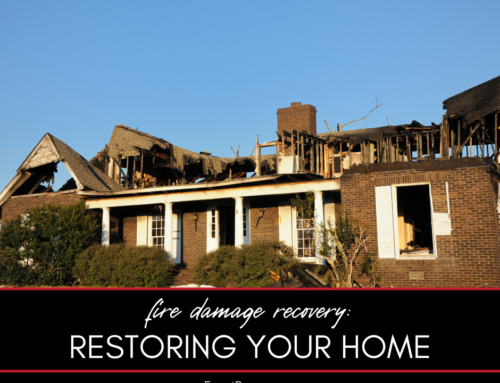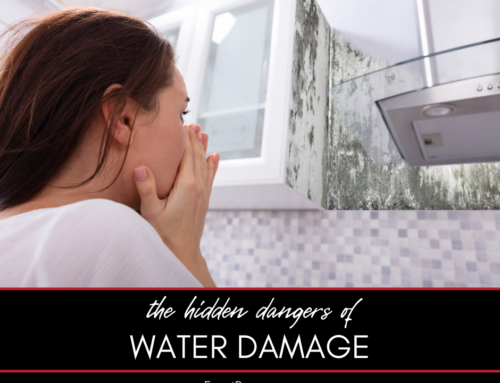Imagine the peace of mind you’d feel knowing an expert has your back, especially when dealing with the aftermath of a home disaster in Jackson or Ann Arbor. That’s what a water and fire damage restoration specialist brings to the table.
The Benefits of Working with a Water and Fire Damage Restoration Specialist
Restoration isn’t just about cleaning up; it’s about restoring your sense of security and your home’s integrity. Whether it’s water or fire damage, specialists have the tools and expertise to handle both with ease. This guide covers:
- Expert assessment and damage analysis
- Specialized equipment usage
- Mold prevention and remediation
- Structural integrity checks
- Streamlined insurance processes
Here’s a closer look at each.
Expert Assessment and Damage Analysis
Understanding the breadth and depth of damage is the foundation of an effective restoration. When professionals step into the scene:
- Detailed Inspections: Through a meticulous examination, specialists identify not just visible damage but also underlying problems that may not be immediately apparent.
- Categorization of Damage: Experts can categorize the level of damage, differentiating between cosmetic issues, structural issues, and potential health hazards.
- Comprehensive Reporting: A professional report documents the extent and nature of the damage, serving as a valuable reference for homeowners and insurance companies.
- Prioritization Strategy: With their experience, they can set clear priorities, addressing the most critical issues first to prevent further damage.
Specialized Equipment Usage
Professional restoration isn’t just about expertise but also about the tools brought to the task:
- High-capacity Dehumidifiers and Air Movers: These remove moisture from the air and materials, speeding up the drying process considerably compared to household methods.
- Infrared Cameras: These allow professionals to detect moisture in walls, ceilings, and floors without invasive procedures.
- Air Scrubbers: For situations with contaminated air, these tools can capture and remove impurities, ensuring a cleaner environment during restoration.
- Odor Neutralizers: After events like fires, specialists deploy sophisticated equipment to neutralize lingering odors.
Mold Prevention and Remediation
Mold is more than just an eyesore; it’s a health hazard:
- Early Detection: With advanced tools, specialists can detect mold even before it becomes visible, ensuring early intervention.
- Safe Removal Techniques: Proper mold remediation means not just scrubbing away visible mold but ensuring spores don’t spread throughout the process.
- Antimicrobial Treatments: To prevent mold’s return, professionals apply treatments that deter microbial growth.
- Environmental Control: By managing humidity and ensuring proper ventilation, professionals create an environment where mold struggles to return.
Structural Integrity Checks
The hidden damages can often be the most perilous:
- Load-bearing Evaluations: Experts assess the health of critical structural components, ensuring that the house remains safe for occupancy.
- Sub-surface Checks: Using specialized tools, pros can check beneath floors and behind walls for damage.
- Material Health: Different materials react differently to events like fires or floods. Experts know how to check each material type for hidden weaknesses.
- Recommendations for Reinforcement: If weaknesses are found, they’ll provide clear guidelines on how to reinforce or replace affected areas.
Streamlined Insurance Processes
A crucial but often daunting aspect of post-disaster restoration is dealing with insurance:
- Documentation Assistance: Restoration professionals help homeowners capture all necessary evidence, ensuring claims are well-documented.
- Direct Communication with Insurers: Many restoration companies have established relationships with insurance providers, making communication smoother.
- Detailed Estimations: By providing a clear and detailed cost breakdown, professionals ensure insurance providers have all the information they need, speeding up claim processing.
- Guidance on Policy Nuances: The intricacies of insurance policies can be perplexing. Experienced restoration professionals often guide homeowners on what’s typically covered and what might be potential areas of contention.
Incorporating specialists into the restoration process not only ensures physical restoration of the property but also brings peace of mind to homeowners, knowing that every detail is being professionally handled.
FAQ About Working with Restoration Specialists
Here are some frequently asked questions about working with water and fire damage restoration specialists. If you don’t see the answers you’re looking for here, please call our office. We’re here to help.
How Long Does the Restoration Process Typically Take?
It varies based on damage extent, but generally, most projects are completed within a few days to a few weeks.
Is It Safe to Stay in My Home During Restoration?
It depends on the damage severity. Some cases allow for staying, but often it’s safer to relocate temporarily.
Will My Home Look the Same After Restoration?
The goal is to bring your home back to its pre-damage state, if not better!
How Often Should I Check for Mold After Water Damage?
Regular checks in the initial months are crucial. However, if you’ve had a professional handle it, the risk significantly decreases.
Can I Do Any of the Restoration Myself?
While some minor tasks can be DIY, it’s always best to consult a professional to ensure safety and thoroughness.
Your home is more than just walls and a roof; it’s a sanctuary. A water and fire damage restoration specialist helps ensure that sanctuary remains intact, safe, and welcoming.
Do You Need a Disaster Remediation Expert in Washtenaw County or Jackson County?
If your home has already been damaged, we can help. Check out our services and call 734-352-9183 for your free disaster remediation quote today. We offer:
- Water damage restoration
- Mold removal and remediation
- Fire and smoke restoration
- Sewer cleanup and disinfecting
- Reconstruction
- Wind and storm damage repair
